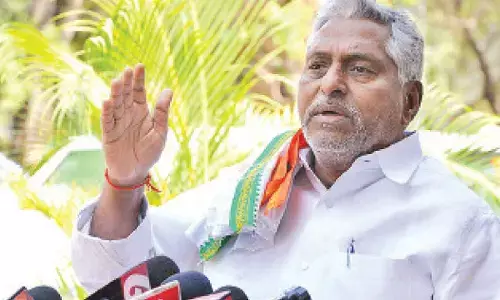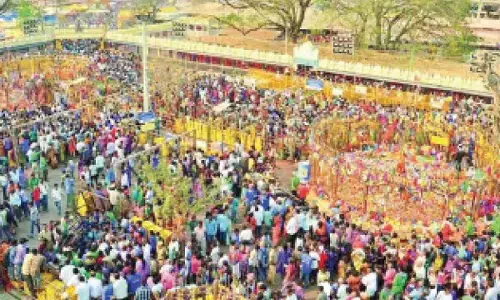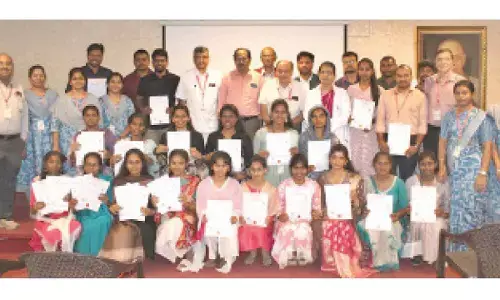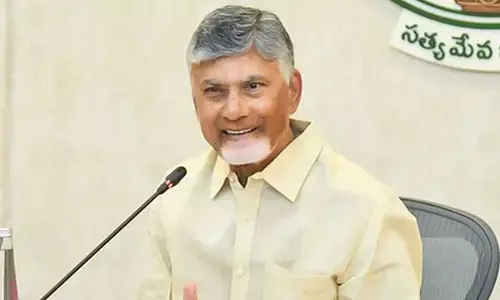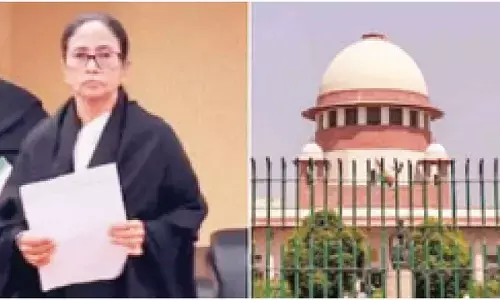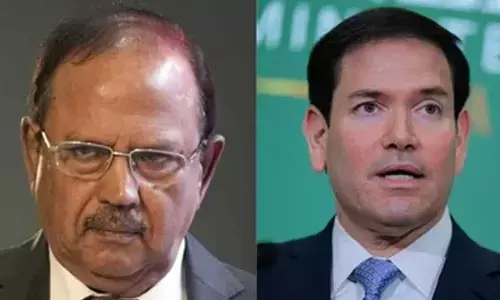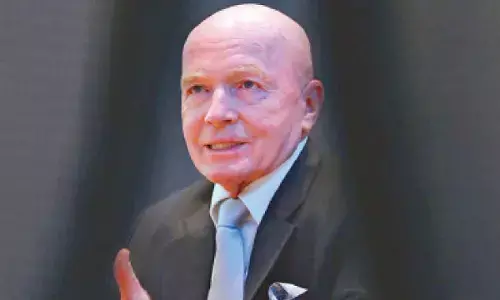'50K Indians require heart transplants each year, only 0.2% receive them'
Share :
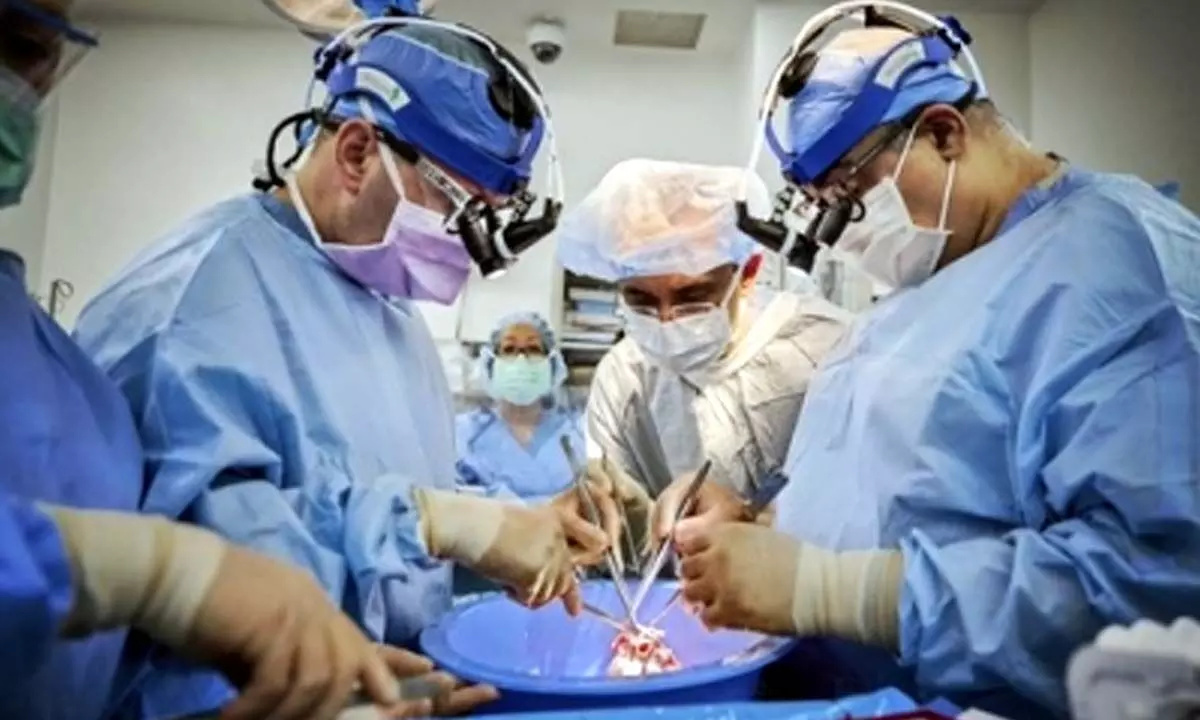
About 50,000 people in India need heart transplants each year, but only 0.2 per cent are able to get donors, according to health experts who, on National Heart Transplant Day on Thursday, shared alternative options for those waiting for donor hearts.
New Delhi: About 50,000 people in India need heart transplants each year, but only 0.2 per cent are able to get donors, according to health experts who, on National Heart Transplant Day on Thursday, shared alternative options for those waiting for donor hearts.
National Heart Transplant Day is observed annually on August 3 to raise awareness about the life-saving procedure that replaces a damaged heart with a healthy donor heart.
The first heart transplant in India took place at AIIMS, New Delhi in 1994.
Since then the number of patients waiting for healthy hearts have soared, but donor hearts have been less.
According to the data published by National Organ and Tissue Transplant Organisation (NOTTO), 1,572 heart transplants have been conducted in India between 2013 to 2022.
"Each year, about 90-100 transplants are conducted. However, this number is very miniscule, considering the number of patients who are waiting for healthy hearts. In India, of the 50,000 people who need heart transplants each year, only 0.2 per cent receive transplants," Dr Sandeep Seth, Professor of Cardiology, AIIMS, told IANS.
For a majority of the patients who are either ineligible for a heart transplant or who cannot get a heart transplant immediately, the alternative is to keep them on medical therapy for the maximum period possible.
But in most cases "by the time patients reach a position where a heart transplant is recommended, they are unable to take the customary oral medicines (tablets) in the required high doses to help augment heart function. Therefore, alternate strategies are needed while they are waiting for a heart to become available", added Dr Atul Limaye, Senior Consultant-Interventional Cardiology, Fortis Hospital, Mulund.
Such therapies can be intravenous medicines (Dobutamine or Milrinone) that can be administered at home by trained nurses. For patients requiring higher levels of intervention, the support of a surgically implanted artificial heart -- a Left Ventricular Assist Device (L-VAD) implantation is needed. It is a self-contained pump put inside the heart and there is an external drive link through which batteries are connected which is rechargeable, the doctors said.
"This essentially takes over the function of the heart and provides a better pumping function. This is, however, a costly procedure and a temporary solution extending a patient’s life by 2-5 years only. A transplant, on the other hand, adds 10-20 years on average," Dr. Seth said.
In addition, these support devices need a lot of care and maintenance and are also prone to infections and clotting/ bleeding problems, therefore these are only a bridge to allow the patient to survive until a heart transplant.
While waiting time varies for a donor heart, Dr Seth said currently, in India, the waiting period for a heart transplant in India is between 3 months to 1-1.5 years. As soon as the recipient's name is placed on the waiting list, the search for a suitable donor heart begins.
"There are many factors that come into play after a heart becomes available from a donor, and before a transplant can be conducted. This includes matching the donor heart to a suitable recipient (in terms of blood type, tissue compatibility, and size). The recipient also undergoes a thorough evaluation to assess their overall health, suitability and readiness for the transplant," Dr Seth told IANS.








